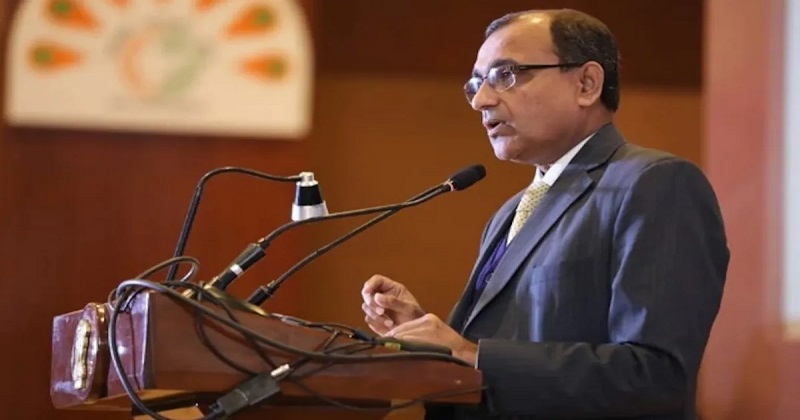
On Tuesday, the UN General Assembly adopted a resolution to designate March 15 as International Day to Combat Islamophobia, with India expressing its concern at the elevation of the phobia toward one religion to such a level while excluding others. Pakistan introduced the resolution on behalf of the Organization of Islamic Cooperation (OIC), which was unanimously adopted. China and Russia, along with 57 OIC members, supported the resolution.
TS Tirumurti, India’s permanent representative to the UN, expressed deep concern at the rise of discrimination, intolerance, and violence in different parts of the world against members of many religious communities. ‘Let me also state that we condemn all acts motivated by anti-Semitism, Christianophobia or Islamophobia. However, such phobias are not restricted to Abrahamic religions only,’ he said. Tirumurti cited Hinduism’s 1.2 billion followers, Buddhism’s 535 million followers, and Sikhism’s 30 million followers, saying it was time to acknowledge ‘the prevalence of religiophobia, not single out one group’.
This is the context in which we are concerned about elevating the phobia against one religion to the level of an international day, to the exclusion of all others. To commemorate the combating of hatred against one religion is one thing but to commemorate that it is another. Tirumurti also argued that the resolution ‘may well end up downplaying the seriousness of phobias against all other religions’. Tirumurti referred to religious phobias that affect followers of non-Abrahamic religions, including ‘anti-Hindu, anti-Buddhist, and anti-Sikh phobias’.
According to him, these contemporary forms of religiophobia are seen in the increased attacks on religious places of worship such as gurudwaras, monasteries, temples, etc. as well as the spreading of hatred and misinformation against non-Abrahamic religions in many countries. Among the other incidents he cited are the destruction of Bamyan Buddhas in Afghanistan, the violence against gurudwaras, the massacre of Sikh pilgrims at gurudwaras, the attacking of temples and the glorifying of breaking of idols in temples, all of which contribute to contemporary forms of religiophobia towards religions which are not Abrahamic.
India, being a pluralistic, democratic country that is home to almost all world religions, has always welcomed ‘those persecuted for their faith or belief around the world’. According to him, they have always found in India a safe haven free of persecution and discrimination. No matter if they were Zoroastrians, Buddhists, Jews, or anyone else.
Tirumurti said India is proud of the fact that pluralism is at ‘the core of our existence’ and believes in equal protection of all faiths and religions. In light of this, he said, it was unfortunate that the word ‘pluralism’ does not appear in the resolution and its sponsors failed to adopt India’s amendments to include the word.
He hoped the resolution would not set a precedent that would split the UN into ‘religious camps’, and it is important that the world body remains above matters ‘that divide us rather than bring us together’. Additionally, representatives of France and the European Union expressed concern that the resolution singled out Islam while religious intolerance is widespread worldwide.

Post Your Comments